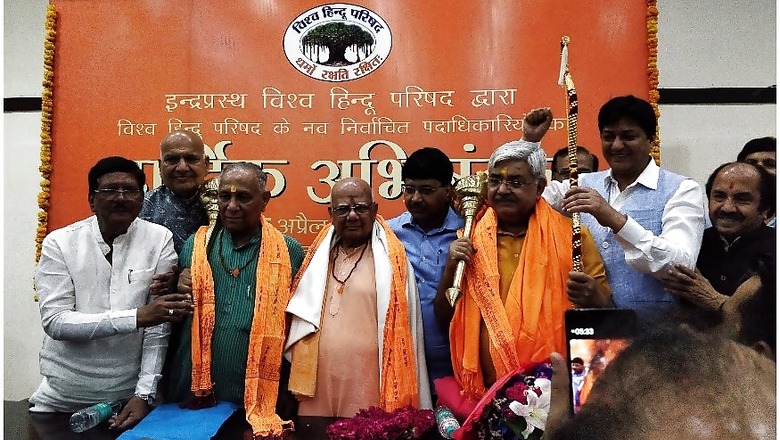
views
New Delhi: Contrary to the belief that the Ram Mandir resolution will suffer after Pravin Togadia’s exit, newly elected International Working President of the Vishwa Hindu Parishad, Alok Kumar, said that the “struggle for Ram Mandir nirmaan will not become weak with the movement of some people.”
He was accompanied by the General Secretary Milind Parande and New International President VS Kokje, who won with 131 votes in the first secret ballot of the Vishwa Hindu Parishad. Kokje picked Kumar as part of his ‘cabinet’ during the April 14 election.
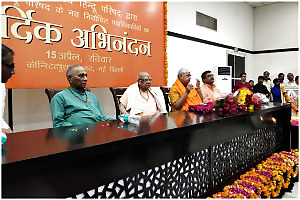
Without naming Togadia, Kumar said, “It is being said that with the movement or change of some people associated with the VHP, the resolve to get the Ram Mandir built in Ayodhya is going to become weak. But let me tell you, the temple will be built. It will be built there itself.”
He also said that the resolve to have the Ram Mandir built is not of any one person or organisation, but of the “Hindu society”.
“The Supreme Court hearing has begun, and if possible we will build a movement to have Ram Mandir Law,” Kumar added.
Kumar hails from Bisauli in Uttar Pradesh. He has a Bachelors’ degree in Political Science from Deshbandhu College (DU) and was elected as the President of its Students Union. He then graduated from Law Faculty, Delhi University and became the first directly elected President of the Delhi University Students Union in 1973.
He was a Pracharak of the Rashtriya Swayamsevak Sangh (RSS) for six years (1974-80).
Kumar led the underground movement against the imposition of emergency and suspension of fundamental rights and remained in Amritsar Jail for some time. He was the Deputy Speaker of the Delhi Legislative Assembly from 1993 to 1995 and resigned from the office to continue his law practice.
Following the Babri Masjid demolition on December 6, 1992, when the RSS, Bajrang Dal and the VHP were banned by the government, Kumar had strongly argued the case in favour of the RSS before the Delhi High court Tribunal, which consequently absolved the Sangh of all the charges.
“He has worked for the Sangh's mission of Hindu awakening and Hindu consolidation,” said a Delhi-based RSS functionary.
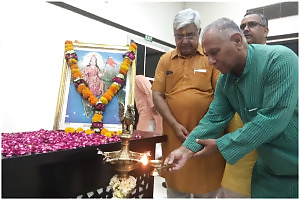
As the president of a public charitable trust called Bharatiya Chitra Sadhna,, Kumar works for “the promotion of Indian ethos in Indian films”. He is also the Managing Director of Bharat Prakashan (Delhi) Ltd, which is the publishing house that prints Panchjanya (Hindi) and Organiser (English), both mouthpieces of the RSS. Currently, he is also the Prant Sarsanghchalak of RSS Delhi.
Talking about the controversy over beef ban, Kumar said, “The moment serving pork outside Jama Masjid was proposed some secular people objected to it. But when there is beef festival outside Delhi University and we object, you say the VHP is at it again.”
The newly formed cabinet is headed by Kokje as the International President. A native of Indore, he boasts of a long association with the Sangh. He was the High Court judge in Madhya Pradesh from 1992–1995. After retiring as the Chief Justice, he took charge as Vibhag Sah Sanghchalak, Indore.
In 2003, he became the Governor of Himachal Pradesh. He was also associated with the Bharat Vikas Parishad from 2013 to 2015 and was a central team member of the Akhil Bharatiya Adhivakta Parishad (ABAP).
On felicitation day, Kokje referred to the Constitution of India as a reflection of traditions, religions and texts.
“There are people of certain faith who think their faith is superior to all. We have to tell them about Sarva Dharma Samaan which is part of our philosophy. It is because of this principle that religions that grew in India never had any disharmony or clash. We have to save our society from those people who don’t care about the Constitution and try get their way by citing personal laws,” he said.
But this situation does not arise in Hindu faith, he added. “That’s because Hindu Personal law is in line with Constitution. The essence and spirit of the Constitution comes from Hindutva. It has clauses inspired by the traditions of Vedas, Lord Buddha and other Indian religions. Hence, we need to get the Indian society together and build our traditional values.”










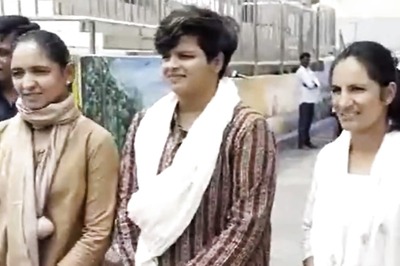

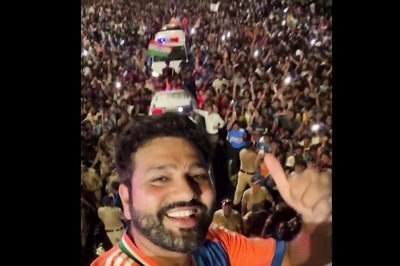



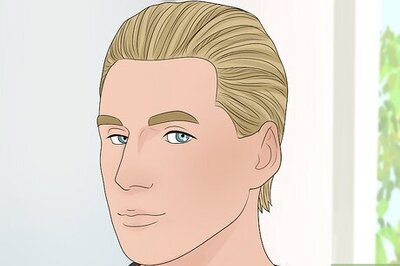
Comments
0 comment